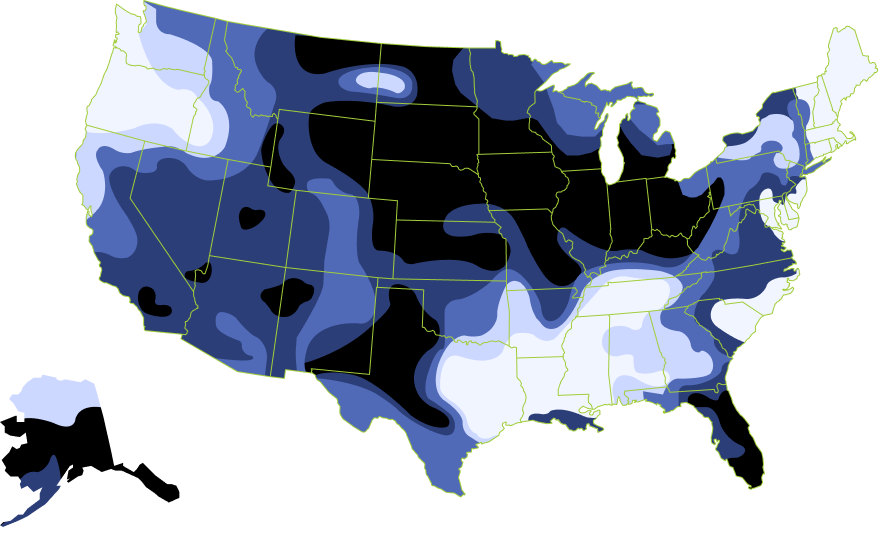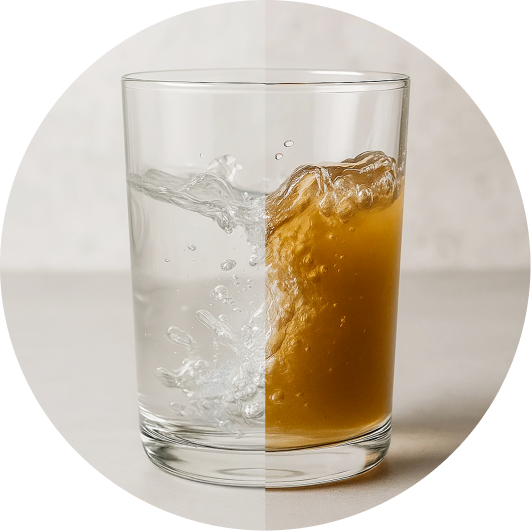At NuvoH2O, we realize not every household's water softener needs are the
same. That's why we offer a range of salt-free water softener options, so
you can choose the one that best suits your unique needs and goals. From
whole-home systems that offer both taste filtering and water softening
capabilities to whole-house systems that just soften the water, we have
something for every budget and need.
Get in touch with our team to find the
right salt-free water softener for your home today!





